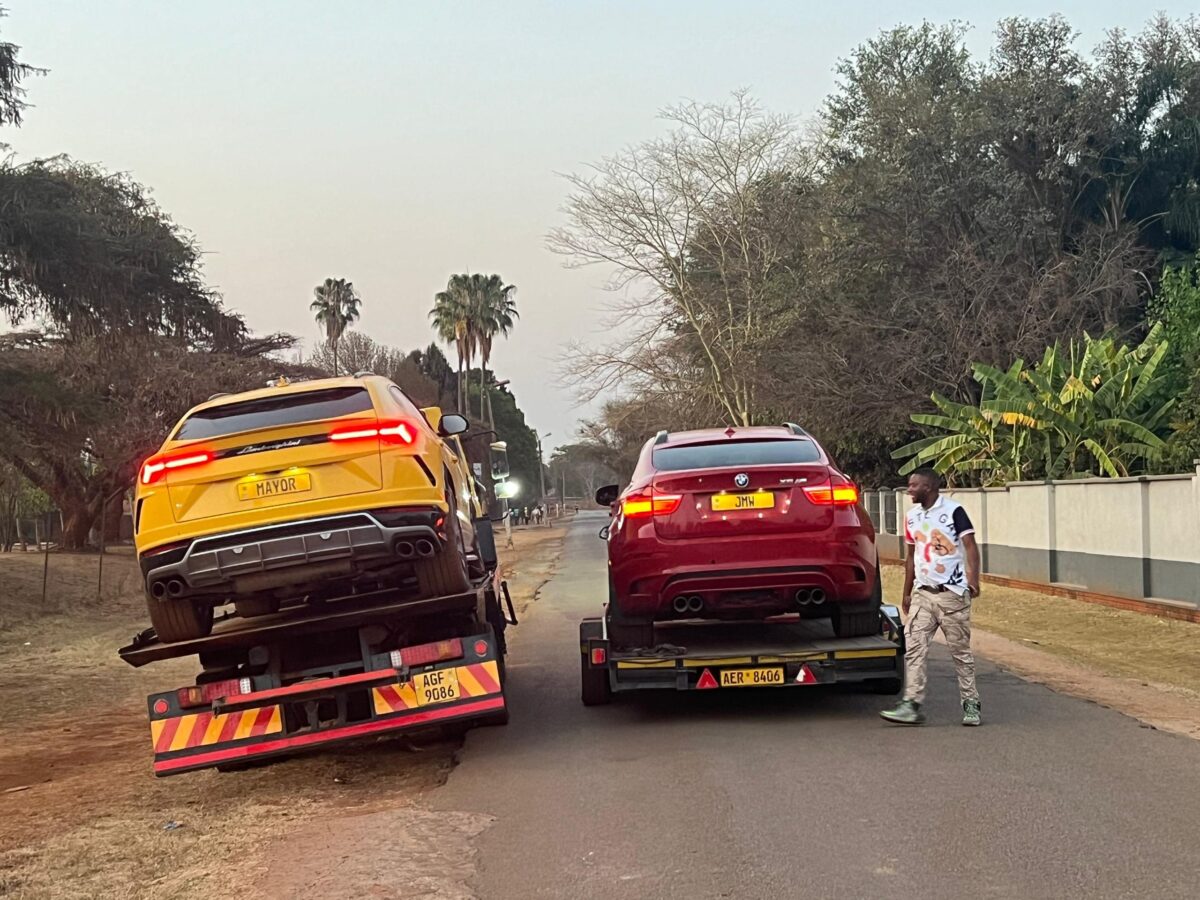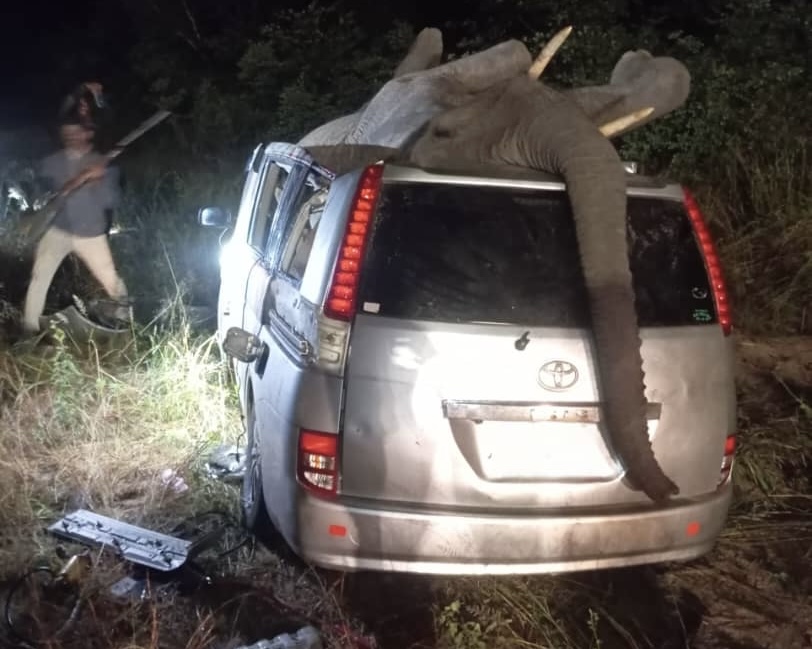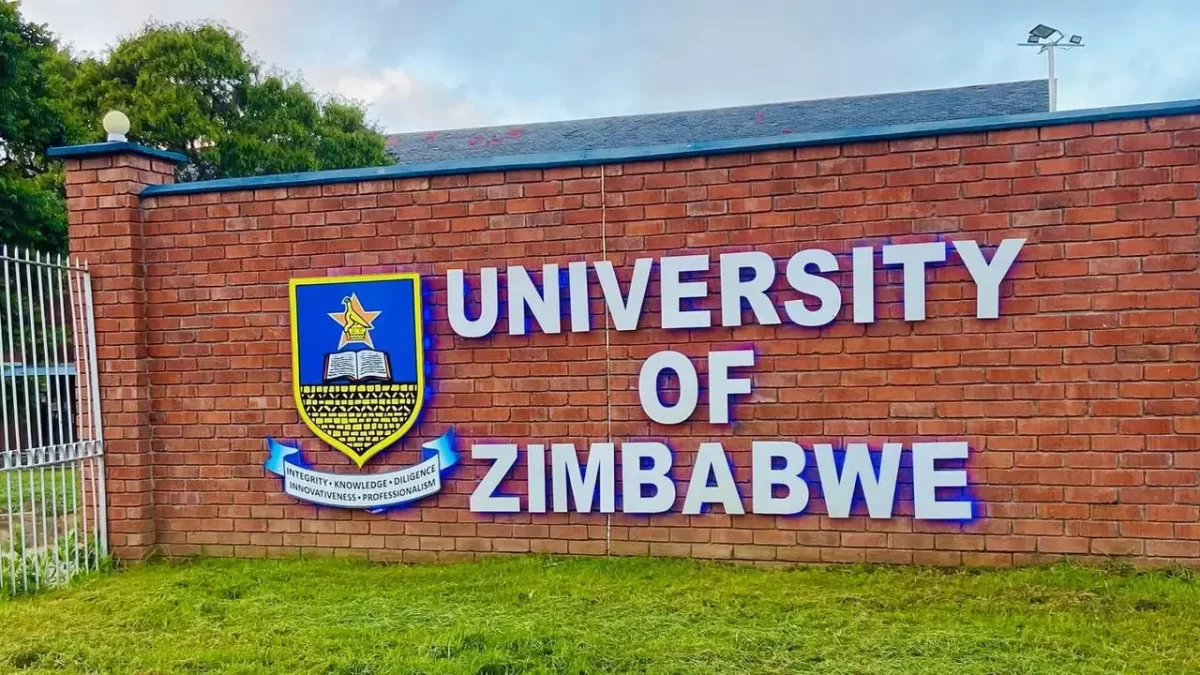HARARE – The High Court has ordered the return of a Lamborghini and over a dozen trucks and tractors seized from Justice Mayor Wadyajena by the Zimbabwe Anti-Corruption Commission (ZACC) when the anti-graft body opened investigations into alleged money laundering by the former legislator in 2022.
This follows an appeal filed by Wadyajena and his company, Mayor Logistics Private Limited after ZACC refused to return the movable property when his case collapsed in court.
Wadyajana and six others who include some COTTCO bosses were arrested and arraigned before the magistrates’ court on three charges of Money Laundering and three counts of fraud in 2022.
They were accused of fleecing COTTCO of millions of US dollars through creating false invoices for the supply of bale ties to the state company.
The monies realised, according to prosecutors at the time, were laundered through various companies in which Wadyajena and his company had interests.
On 6 February 2023, the magistrates’ courts refused a further remand with the state advised to proceed through summons.
However, ZACC elected to keep the property claiming they needed 30 days to conduct parallel investigations into the matter.
The former MP and businessman applied and won a High Court order for the return of his property, which was believed to have been bought through the crime proceeds.
A judgement was made in his favour in May this year but ZACC put spanners in his wake through launching a Supreme Court appeal demanding the release of his property.
Wadyajena returned to file an urgent High Court application for leave to execute the judgement pending a Supreme Court determination on the matter.
He listed ZACC and the Prosecutor General of Zimbabwe as first and second respondents respectively.
In his ruling, Justice Chitapi concurred with Wadyajena’s lawyers that the ex-MP was being prejudiced of potential revenue through continued holding of his trucks.
The judge said “trucks are meant to be mobile and not be parked”.
“The court could not be expected to assist the respondents and build a case to justify continued retention of the applicant’s trucks,” the judge ruled.
“The appeal is frivolous and vexatious. This is so because the respondents seek to cover up their shortcomings in how they handled the matter after being granted the seizure order.
“They simply sat on their laurels and took no steps to comply with s 47(4) of the Money Laundering and Proceeds of Crime.”
The judge added, “The respondents even in this application have not been candid with the court to state the nature of the investigations under way and the crimes for which they justify the continued retention.
“The respondents in the main application had an easy task. They simply needed to be candid with the court and give details of the other crimes for which the trucks should continue to be held.
“The respondent did not in any event seek an interdict to continue holding the trucks.
“The court can only aid a litigant who has followed the provision of the law.”
In relation to potentiality for irreparable harm to both parties, said the judge, the applicants stand to suffer irreparable harm compared to the respondents because of the continued withholding of the trucks which are a wasting asset and needs to be operating.
“The balance of convenience favours the applicants because there is no legal sanction to deprive the applicants of the right to their property.
“The release of the trucks would not step investigations from continuing to be carried and the applicants’ prosecuted. There has to be finality to litigation. The right to appeal should not be abused,” Justice Chitapi said before ordering the release of the trucks.
















